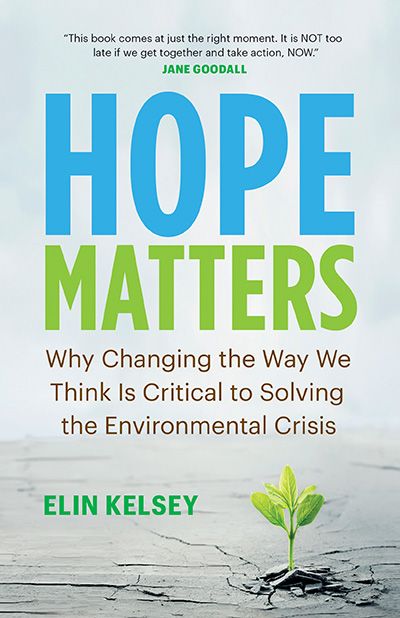The Salish Sea Science Roundtable speaker series continues on Tuesday, March 5th with a talk by Dr. Elin Kelsey, author of the book Hope Matters: Why Changing the Way We Think is Critical to Solving the Environmental Crisis. The talk will be hosted by the Puget Sound Institute and facilitated by the Salish Sea Institute […]
February 12, 2024
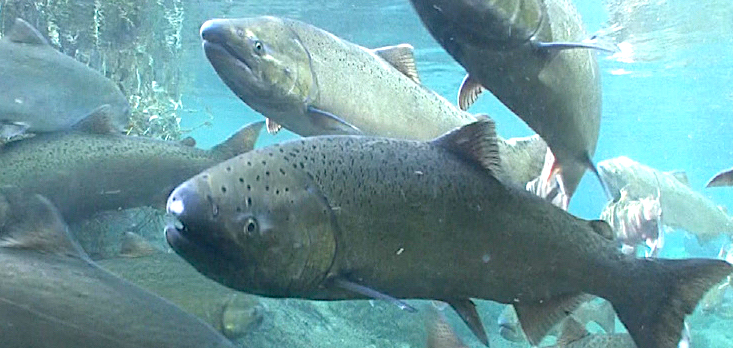
The words ‘in common with’ were pivotal to Judge Boldt’s ruling on Native American fishing rights
Three common words and their legal interpretation a half-century ago helped set the stage for a cultural revival among Native Americans while propelling an environmental movement that still resonates today in Washington state. It was 50 years ago today that U.S. District Judge George Boldt handed down his landmark ruling, which resolved the meaning of […]
November 29, 2023

Latest Puget Sound marine waters overview now available
Announcement from the Puget Sound Ecosystem Monitoring Program: Today, the Puget Sound Marine Waters Work Group of the Puget Sound Ecosystem Monitoring Program released the eleventh annual report on marine water conditions in Puget Sound. The report combines a wealth of data from comprehensive monitoring programs and provides a concise summary of what was happening […]
November 21, 2023

GAO report calls for strengthening of regulations on nonpoint source pollution
By Sarah DeWeerdt A new report by the nonpartisan Government Accountability Office (GAO) is renewing calls to strengthen Clean Water Act protections against nonpoint source pollution such as stormwater and agricultural runoff. The recommendation echoes findings made by the GAO in 2013 when it called for Congress to revise “largely voluntary” regulations for nonpoint pollution sources that wash […]
November 8, 2023

Puget Sound ecosystem holding on, but recovery remains uncertain, says latest status report
Efforts to restore ecological health to Puget Sound have largely failed to meet recovery goals, yet fish and wildlife populations are still hanging on, according to a new report that describes many struggling populations as neither increasing nor decreasing to a significant extent. The latest State of the Sound report, released last week by the […]
October 12, 2023
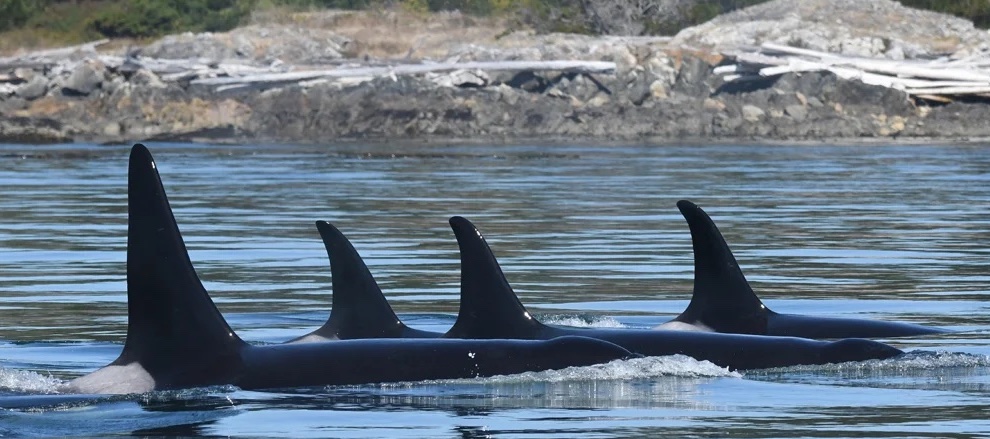
A no-death census year for Puget Sound’s orcas, with observations about a recent shift to more female births
For the first time since Census Year 1993, no deaths were reported this year among the Southern Resident killer whales, which frequent Puget Sound, according to the official census report. Two new births were reported among the whales, increasing the population from 73 to 75. I would also like to share some potentially hopeful information […]
September 30, 2023
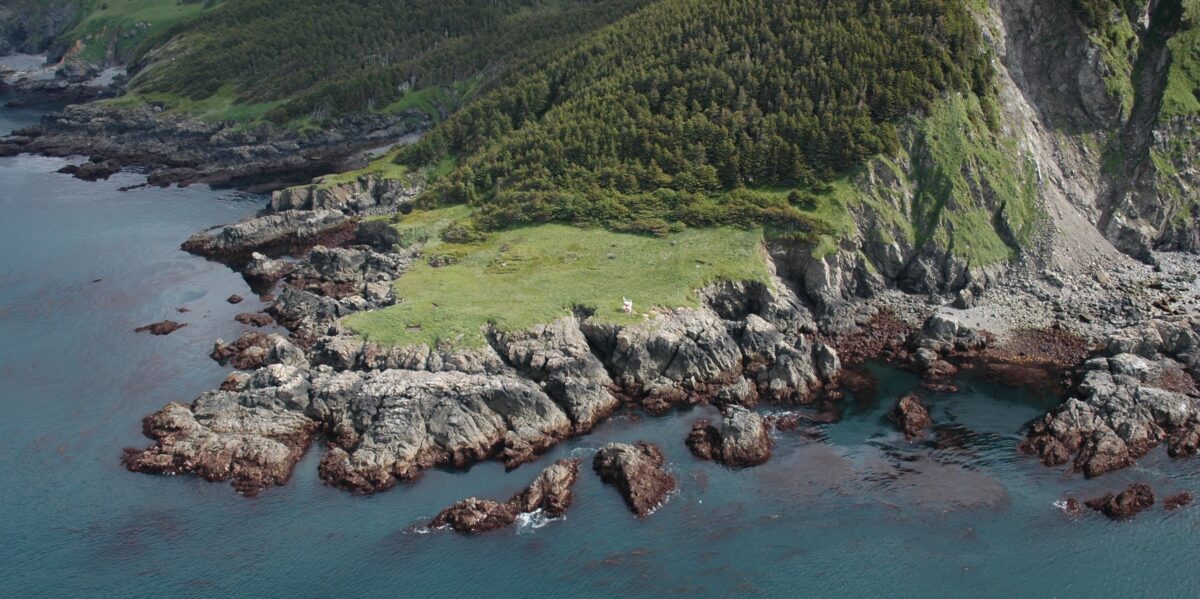
What may be the nation’s largest estuary seems hidden in plain sight for many people
What is the largest estuary in the United States? This is a question loaded with confusion and open to interpretation, as you will soon see. Before we get to the likely answer — which may surprise you — let me share a few authoritative views on the subject: Chesapeake Bay Foundation: “Chesapeake Bay is the […]
September 29, 2023
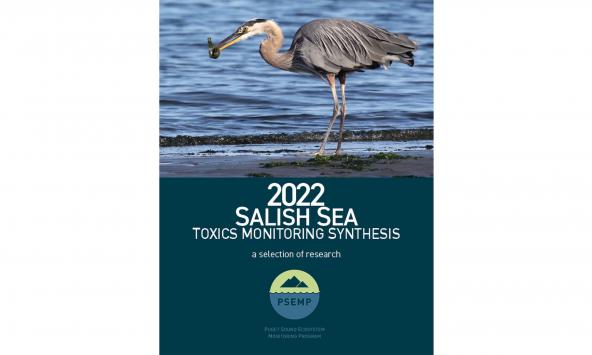
2022 Salish Sea toxics monitoring synthesis: A selection of research
A new report from the Puget Sound Ecosystem Monitoring Program takes a comprehensive look at some of the greatest dangers posed by toxic chemicals in the Salish Sea. The report was produced with support from the UW Puget Sound Institute, and brings together recent findings on PCBs, CECs, PFAS, 6PPD-Q, and other toxics of concern. It […]
September 25, 2023
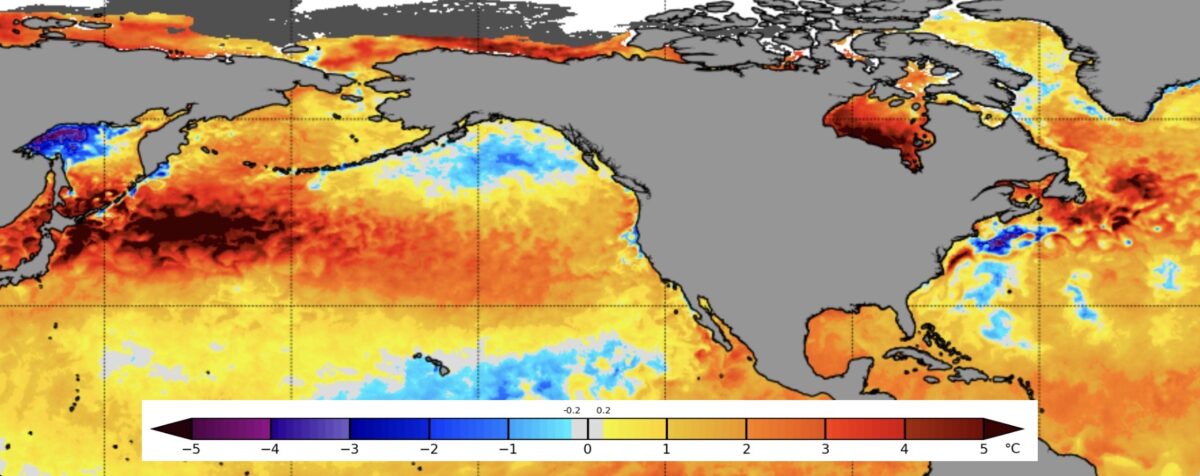
Warm ocean waters work their way into Puget Sound
Unusually warm waters in the Pacific Ocean — now pushing up against the Washington coast — are keeping oceanographers on alert for changes that could reverberate through the food web, potentially affecting fish, birds and marine mammals in coastal waters and in Puget Sound. Rising ocean temperatures may be related to recent sightings of warm-water […]
September 21, 2023
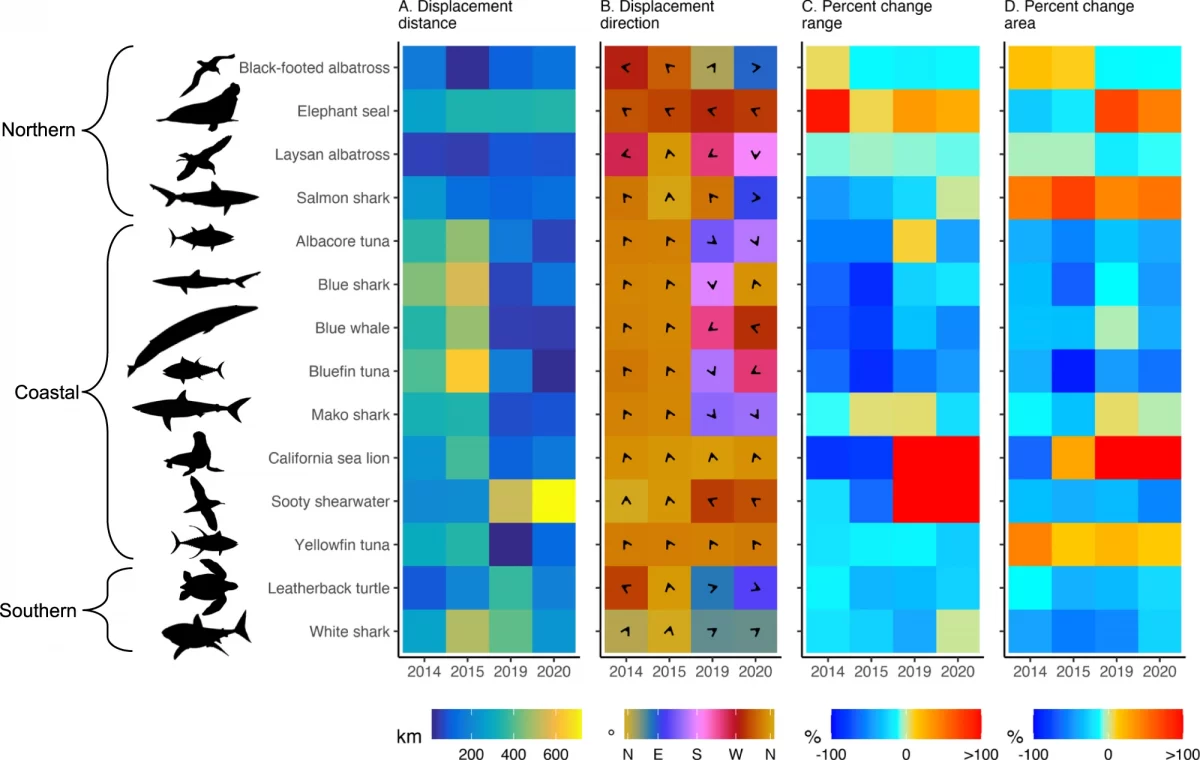
Salish Sea Science Roundtable begins in October
While there are often opportunities to go deep in our respective fields, breakthroughs can come from unexpected connections and interdisciplinary discussions. The Salish Sea Science Roundtable is a virtual monthly seminar inspired by just that. UW Puget Sound Institute is co-convening the roundtable with several organizations, including Fisheries and Oceans Canada. Each month we’ll connect to […]

